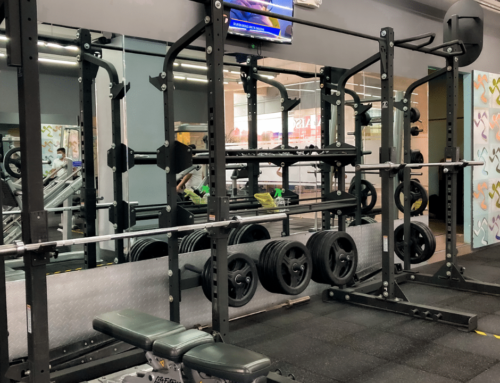Science is fact based. Exercise is a science based on facts. However, when it comes to exercise, there are myths that have become mistaken as facts that date back decades or even centuries. Some of the myths are harmless and only initiate more healthy behavior. However, some of the myths can be detrimental to your exercise routine and your overall health. More often than not, these myths lead to injuries. Here are some of the more common exercise myths we have debunked.
EXERCISE REQUIRES PAIN
There is an old adage that says, “No pain, no gain.” Many people have believed this is the motto for a great workout and insist on feeling pain when the workout is complete. The problem with this adage is that pain is an indicator that something is wrong. Doctors ask you to rate pain to describe the severity of an injury. Therefore, pain should not be your goal when exercising. Soreness and pain are two different issues. Soreness is the result of your muscles tearing and expanding days after a workout. While this is not necessarily a preferable outcome, it is quite different from true pain. Pain likely means you injured a muscle or a bone to a point that rest is required. In addition, soreness is not necessary. You can have a successful weight training workout that gradually increases as your muscles become accustomed to the routine, without experiencing extreme soreness several days after your workout.
A TRUE WORKOUT ROUTINE MUST TAKE SEVERAL HOURS TO COMPLETE DAILY
Exercise is about intensity, not longevity. The more intense your workout is, the shorter it can be. It is reasonable to assume you can achieve a solid workout in the period of 30 to 60 minutes a day, as long as your workout is focused and as intense as your body will allow. You must push yourself out of your comfort zone without causing injury to achieve the benefit of exercise in a shorter period of time. However, if this is your choice, it is important to do so with proper guidance, as you risk injury should your workout be more intense than you can handle.
WEIGHT TRAINING WILL HELP ME BUILD MUSCLE ONLY
Weight training burns calories as well as aiding cardiovascular health, and it helps your body become more fit overall. Muscle burns more calories while at rest than fat does; therefore, gaining lean muscle mass will help you lose weight effectively. A routine mixed with weight training and cardiovascular exercise, combined with a healthy diet, will enable your body to burn calories, lose weight, and get healthy. However, exercise alone, whether its cardiovascular or weight training, will not be enough to help you lose weight. Losing weight is not only dependent on the balance of calories consumed and burned, it is also heavily dependent on nutrient timing and what kinds of calories you consume.
To ensure that you are not falling victim to these or other exercise myths, contact the experts at Apex Personal Training at (612) 405-3002. The trainers at Apex will guide you towards an exercise routine perfect for your needs and your body’s ability.







